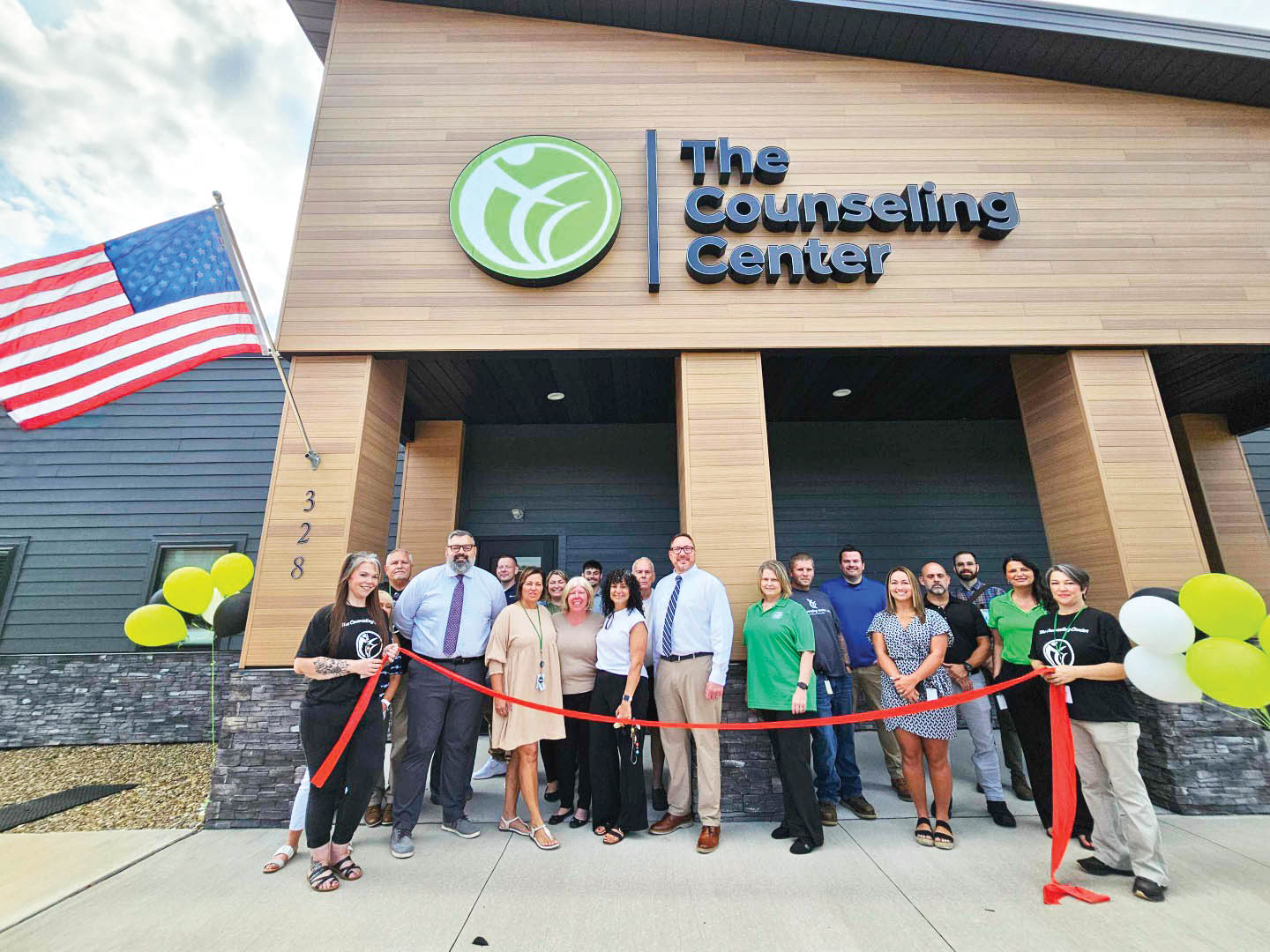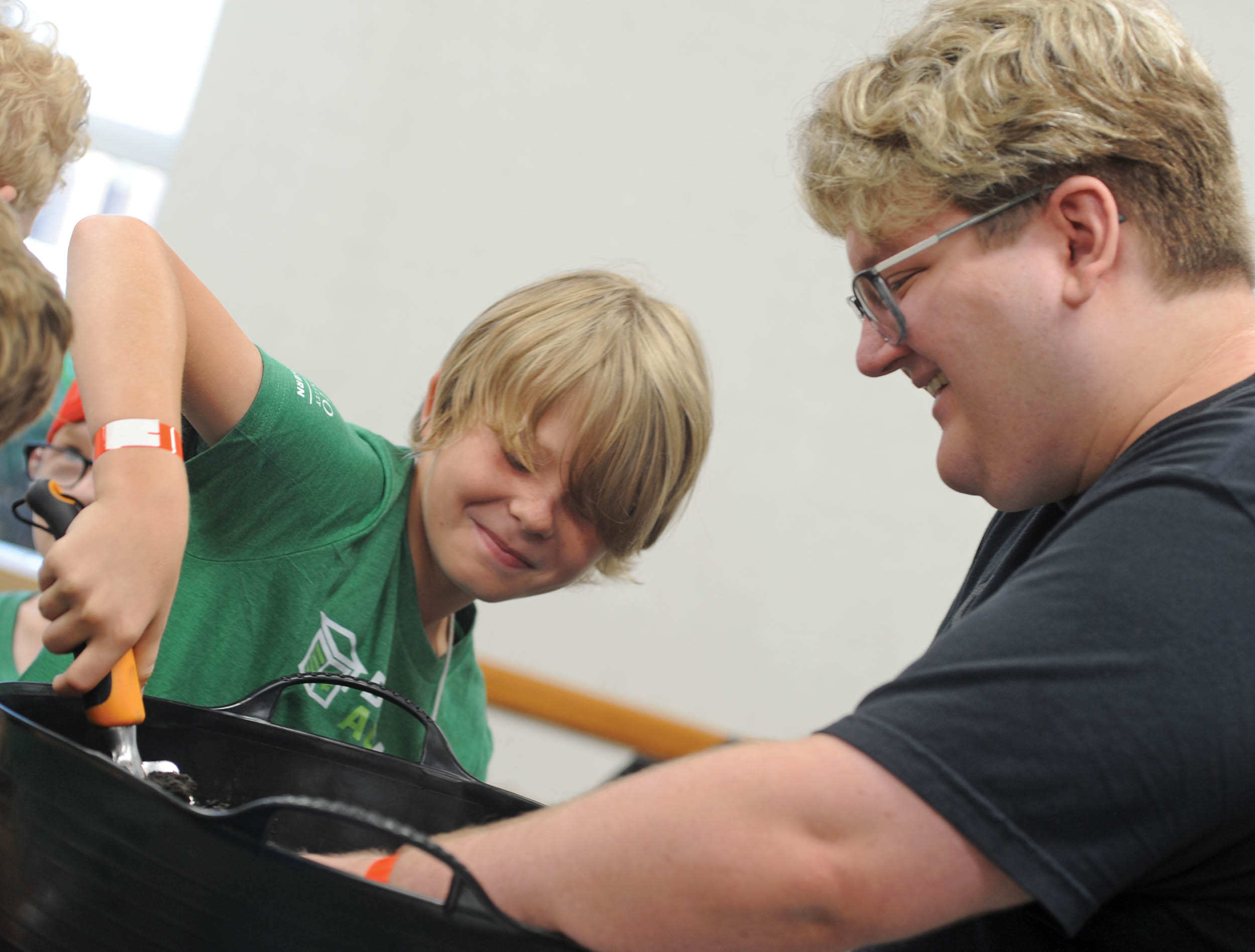Providing work to recovering addicts may solve opioid crisis
Published 8:12 am Wednesday, February 6, 2019
When it comes to the opioids, the United States and nations around the world are well past the crisis point. Our jails are filled, rehab centers are overwhelmed, families are being destroyed and lives are being lost.
The standard response to drug problems in communities worldwide is to spend more on medical care and law enforcement. But we’ve done nothing but create pipelines to already exhausted prisons and hospitals.
The total economic cost of prescription opioid misuse alone is more than $75 billion per year in the United States, according to the Centers for Disease Control and Prevention. This includes health care, lost productivity, addiction treatment and crime. And opioids are just one component of the mammoth drug problem facing the nation.
Trending
Instead of pouring billions into law enforcement and medical facilities, we have to find a sweet spot that will not only help people stop using opioids but also help them lead productive lives.
Recently, I advised a group of international communities on drug use issues. A unique concept we tested was the Peer Supported Vocational Networks (PVNs). These networks are managed by former drug users in recovery. The networks own their own businesses such as auto repair shops.
In these PVNs, newly-recovered addicts are provided part-time employment, professional skills training, and recovery support. Their finances and work are managed by PVN managers who have been in recovery for a longer duration and promoted as managers.
The longer the person is in recovery, the more likely they are to be promoted, given full-time opportunities or chances to own and manage network businesses. The network is driven by recovering addicts. What is central is skill building, giving responsibility, keeping recovering individuals accountable and rehabilitation to normal life.
Our analysis found the programs to be extremely successful — people actually recover and go on to lead productive lives.
I am urging our political and community leaders to look for alternative for the opioid crisis. Instead of repeatedly sentencing people to jail time, we should look at how overdose deaths and drug-related prevention practice and policymaking can be integrated with employment and labor, housing and development, education and welfare, veterans and youth affairs, justice and correctional facilities, social services and rehabilitation, and health and human services (all federal agencies or their divisions that should be involved).
Trending
Until, and unless, we see collaborative actions between service agencies on the social determinants of drug use and overdose deaths, the broader goal of eliminating this national public health emergency remains elusive.
Our communities have the capacity to change, and they will do so if leaders have the ability to implement innovative solutions to create pathways from drug use to normal life by combining medical care, rehabilitation and social services.
Jagdish Khubchandani is a health science professor at Ball State University.





